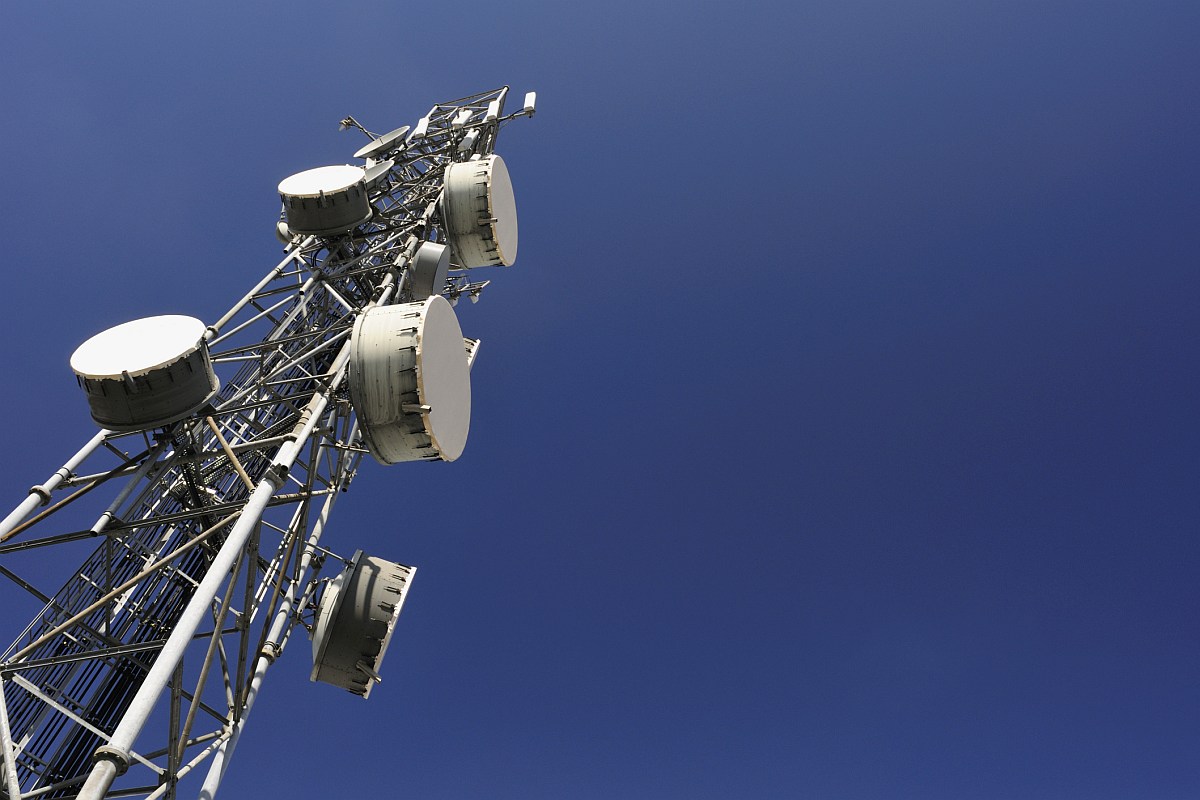In a big relief to the telecom companies—Bharti Airtel, Vodafone Idea and Reliance Jio, the government has allowed a two-year moratorium on spectrum-related dues which translates into a Rs 42,000 crore financial support to an industry ravaged by a years-long price war.
Deferment of spectrum auction installments would ease the cash outflow of the stressed telecom operators and facilitate payment of statutory liabilities and interest on bank loans.
The moratorium will be for two years beginning April 2020, the minister informed the newspersons.
“In view of the current financial stress faced by major telecom service providers and in pursuant of the recommendations by Committee of Secretaries, it is decided to defer receipts of spectrum auction installments due from the telecom service providers from the years 2020-21 and 2021-2022,” Finance Minister Nirmala Sitharaman told reporters after a cabinet meeting in New Delhi on Wednesday.
The deferred amounts, she said would be equally spread over the remaining installments. Interest, as stipulated in airwave auctions, will continue to be paid, she added.
“These deferred amounts bill be spread equally in the remaining installments to be paid by telecom companies. Interest, as stipulated while auctioning the concerned spectrum, will, however, be charged so that NPV is protected,” the minister said.
As per the reports, the proposal was recommended by the Committee of Secretaries (CoS) to provide financial aid to the telecom companies that owes over $20 billion in license fees and spectrum charges. The relief will be worth as much as Rs. 42,000 crore.
With this step, the government is aiming to help the surviving wireless telecom companies that have shrunk in numbers from a dozen to just three private firms. The majority of the companies were either forced to quit or to merge after Reliance Jio spurred an intense price war at its launch in 2016.
“We welcome the fact that the government recognises the financial distress of the telecom sector and has provided relief in the form of deferments of spectrum payments. We are very thankful to our Minister Prasad and the DoT for supporting us and pushing forward our request to the FM for action. This will certainly provide some immediate cash flow relief to the industry,” Rajan S Mathews, DG, COAI said.
“However, the high level of levies and taxes continues to be a challenge for the sector. The telcos pay up to 30% of their revenues to the government, by way of various levies and taxes, which is an enormous burden on the industry. 30% of what is collected is passed on to the Government. We have been requesting the Government that these levies and Taxes be rationalised and the same is also one of the important goals of NDCP,” Mathews added.
“However, these aspects of the NDCP are yet to be operationalised and we are engaging with the government on the same. We humbly request the government to consider the vexing issue of AGR and address the anomaly of continuing with the previous legacy issue of revenue share and License Fees and SUC when the spectrum has already been paid for upfront. We hope the government will consider this request of either eliminating AGR or redefining these in line with our request and then reduce the LF and SUC to 3% and 1% respectively”, the DG, COAI said.
Continued operation by telecom service providers, according to the statement, would give a fillip to employment and economic growth. In addition, the improved financial health of service operators would facilitate the maintenance of the quality of services to the consumer.
Following the Rs 1 lakh crore worth of Q2 loss by telcos, the Centre had formed a Committee of Secretaries to look into relief package to the ailing sector. The recent adverse Supreme Court ruling asking the telecom companies to pay up outstanding to the Department of Telecommunications (DoT) within three months, coupled with the existing cumulative debt of Rs 7.5 lakh crore, has made the incumbents heavily leveraged.
(With input from agencies)












